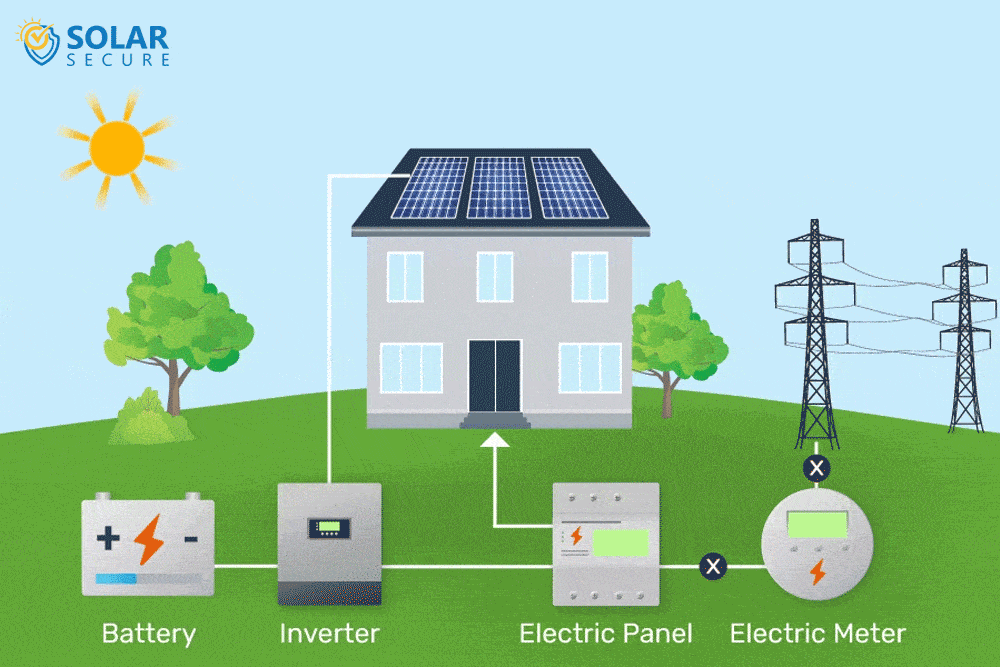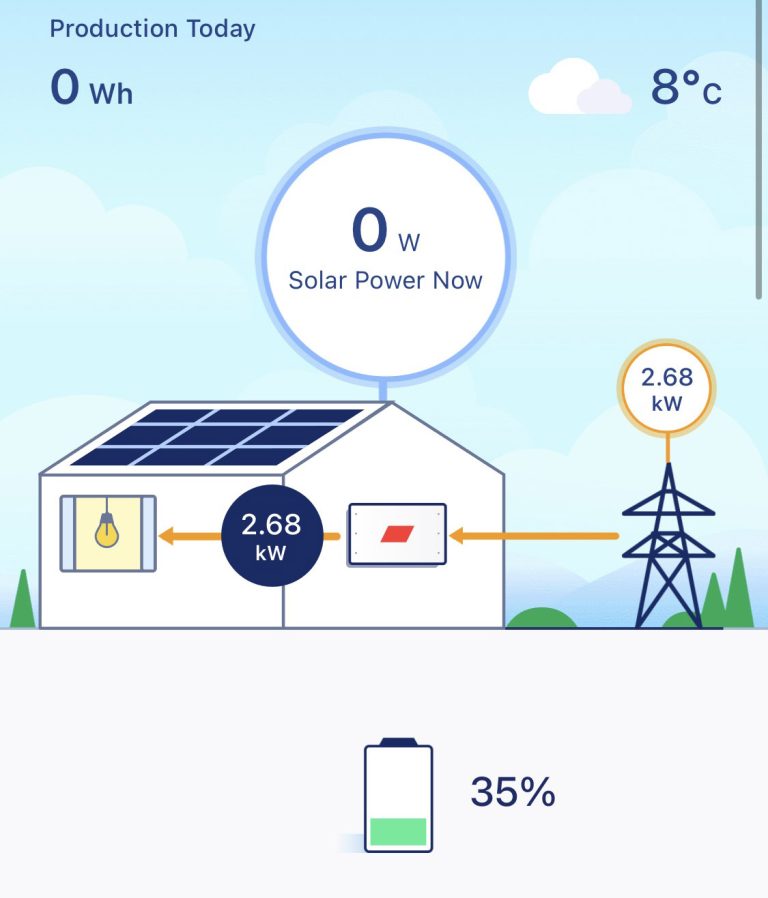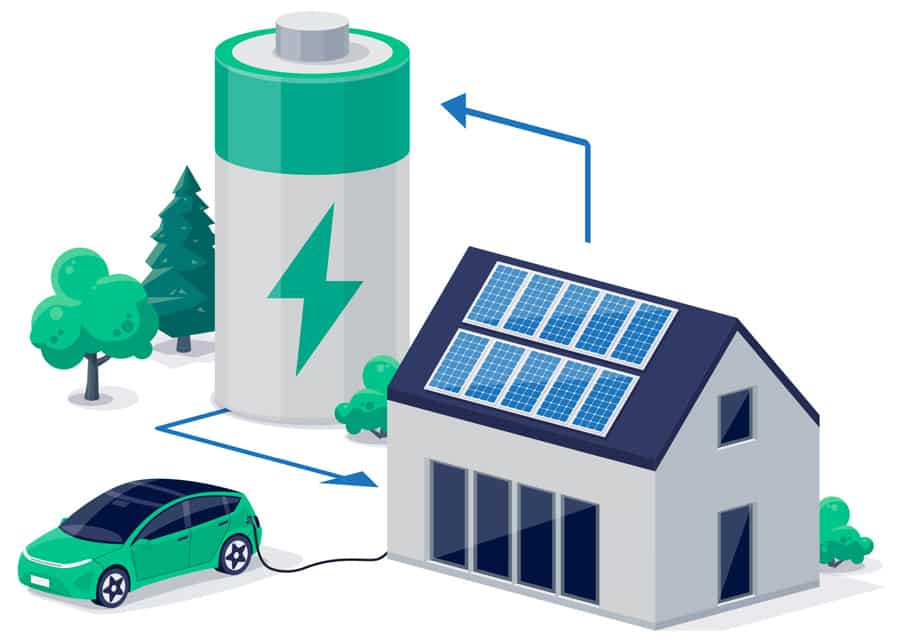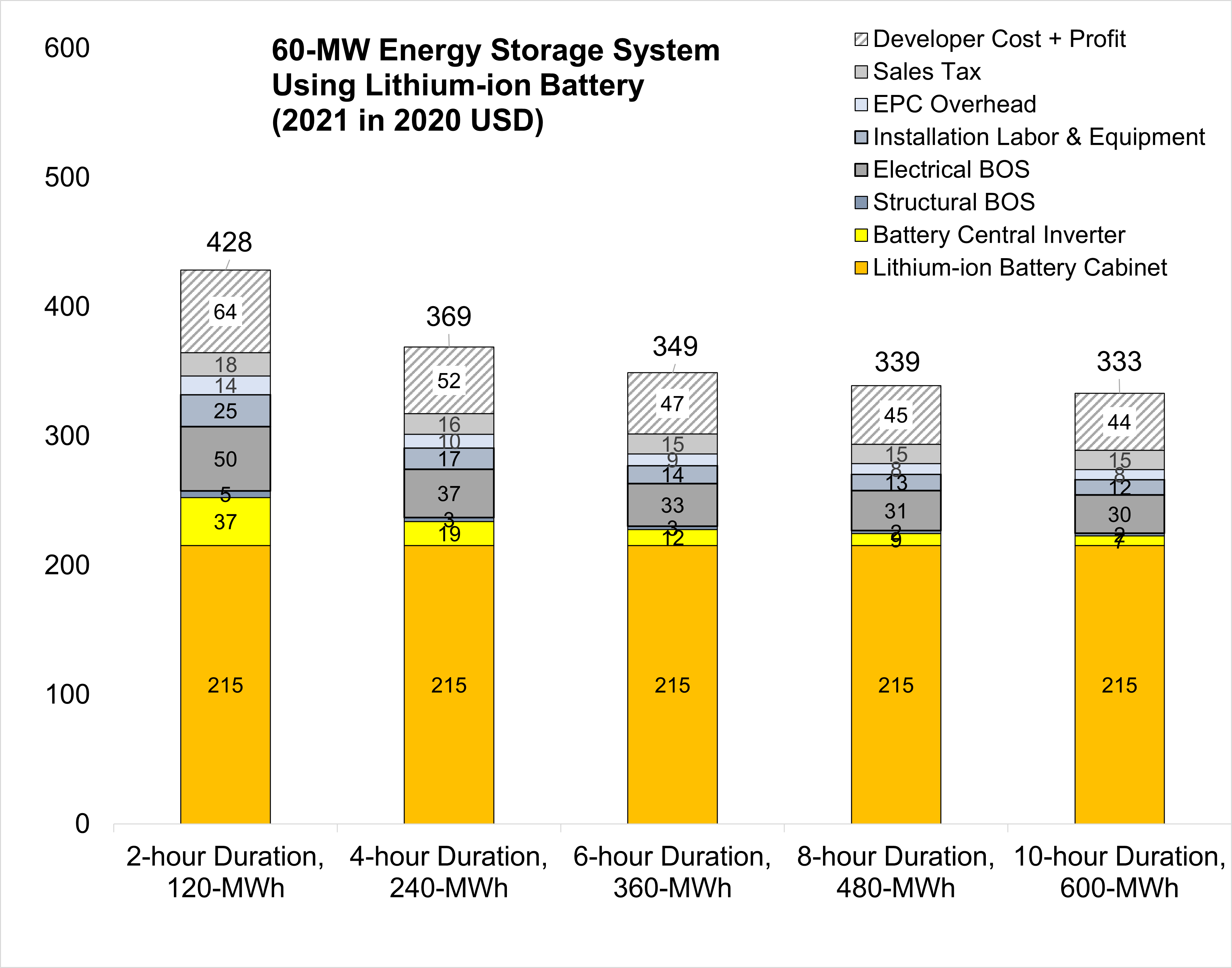Navigating The Landscape Of Home Battery Prices: A Comprehensive Guide
Navigating the Landscape of Home Battery Prices: A Comprehensive Guide
Related Articles: Navigating the Landscape of Home Battery Prices: A Comprehensive Guide
Introduction
With enthusiasm, let’s navigate through the intriguing topic related to Navigating the Landscape of Home Battery Prices: A Comprehensive Guide. Let’s weave interesting information and offer fresh perspectives to the readers.
Table of Content
Navigating the Landscape of Home Battery Prices: A Comprehensive Guide

The rising cost of electricity and increasing awareness of climate change have spurred a growing interest in home battery systems. These systems offer a compelling solution for homeowners seeking energy independence, cost savings, and a more sustainable lifestyle. However, navigating the complex world of home battery prices can be daunting. This article aims to provide a comprehensive understanding of the factors influencing home battery prices, offering insights into the various components and considerations involved in making an informed decision.
Understanding the Components of Home Battery Cost
The cost of a home battery system is determined by several key factors, each contributing significantly to the overall price tag. These factors include:
- Battery Capacity: The capacity of a home battery system, measured in kilowatt-hours (kWh), determines the amount of energy it can store. Larger capacity systems naturally cost more, as they require larger batteries and more advanced technology.
- Inverter Technology: The inverter is responsible for converting the stored DC energy from the battery into usable AC power for your home. The efficiency and advanced features of the inverter directly impact the overall cost.
- Installation Costs: The complexity of the installation process, including the necessary wiring, permits, and labor, plays a significant role in the final price. Factors such as the location of the battery, the distance from the electrical panel, and the existing infrastructure all influence installation costs.
- Additional Features: Home battery systems often come with additional features like remote monitoring capabilities, backup power options, and integration with solar panels. These features add to the overall cost, but also enhance the system’s functionality and value.
Factors Influencing Home Battery Prices
Beyond the core components, several external factors can significantly influence the price of a home battery system. These factors include:
- Brand Reputation: Reputable brands with proven track records in battery technology and reliability often command higher prices. However, this premium often reflects superior performance, longer warranties, and more robust support.
- Market Demand: Fluctuations in market demand can influence the price of home battery systems. High demand can lead to price increases, while lower demand might result in more competitive pricing.
- Government Incentives: Many governments offer financial incentives for homeowners who install home battery systems. These incentives, such as tax credits or rebates, can significantly reduce the upfront cost.
- Local Labor Costs: The cost of labor for installation can vary significantly depending on the region and the availability of qualified technicians.
Key Considerations for Home Battery System Pricing
When evaluating the cost of a home battery system, it’s essential to consider factors beyond the initial purchase price. These include:
- Return on Investment: While home battery systems offer potential cost savings, it’s crucial to assess the estimated return on investment. This involves considering the potential energy savings, reduced reliance on the grid, and potential resale value of the system.
- Energy Usage Patterns: Understanding your household’s energy consumption patterns is vital for determining the appropriate battery capacity. Oversizing the system can lead to unnecessary costs, while undersizing might not provide the desired energy independence.
- Long-Term Costs: Consider the long-term maintenance costs associated with the battery system, including potential battery replacements and software updates.
FAQs Regarding Home Battery Prices
1. What is the average cost of a home battery system?
The average cost of a home battery system varies significantly depending on factors like capacity, brand, and installation costs. However, a general range can be estimated between $5,000 and $20,000.
2. Are there any government incentives available for home battery systems?
Yes, many governments offer financial incentives, such as tax credits or rebates, to encourage the adoption of home battery systems. These incentives can significantly reduce the upfront cost. It’s essential to check with your local authorities for available incentives in your region.
3. What is the lifespan of a home battery system?
The lifespan of a home battery system typically ranges between 10 and 15 years, but it can vary depending on the brand, usage patterns, and maintenance practices.
4. How does the price of a home battery system compare to the cost of traditional energy sources?
While the upfront cost of a home battery system can be higher than traditional energy sources, it can offer long-term cost savings through reduced energy bills, increased energy independence, and resilience against power outages.
5. Can I finance the cost of a home battery system?
Yes, many financing options are available for home battery systems, including loans, leases, and solar financing programs. These options allow homeowners to spread the cost over time, making the investment more manageable.
Tips for Finding the Right Home Battery System and Price
- Research and Compare: Research different brands, models, and features to find a system that meets your needs and budget.
- Get Multiple Quotes: Obtain quotes from multiple reputable installers to compare pricing and services.
- Consider Incentives: Explore available government incentives and rebates to offset the upfront cost.
- Factor in Long-Term Costs: Account for potential maintenance costs and battery replacements over the system’s lifespan.
- Consult with Professionals: Seek guidance from energy experts or qualified installers to ensure you make an informed decision.
Conclusion
The price of a home battery system is a complex topic influenced by numerous factors. By understanding the components, key considerations, and available resources, homeowners can navigate the landscape of home battery pricing and make an informed decision that aligns with their needs and budget. While the upfront cost may seem significant, the potential long-term benefits of energy independence, cost savings, and environmental sustainability make home battery systems a compelling investment for many homeowners.







Closure
Thus, we hope this article has provided valuable insights into Navigating the Landscape of Home Battery Prices: A Comprehensive Guide. We thank you for taking the time to read this article. See you in our next article!
